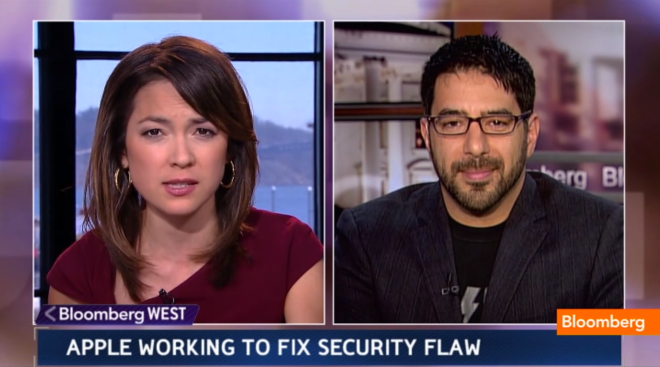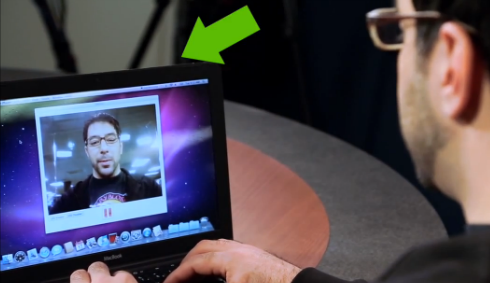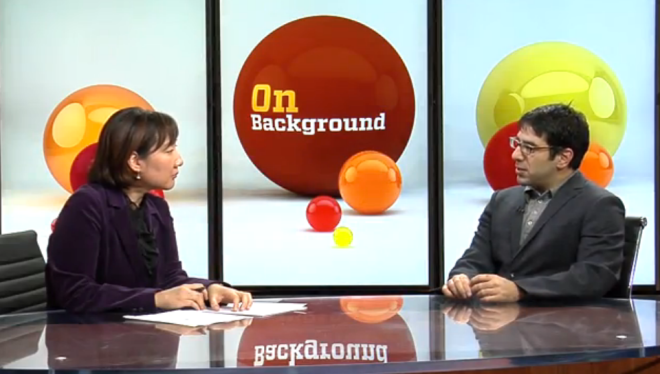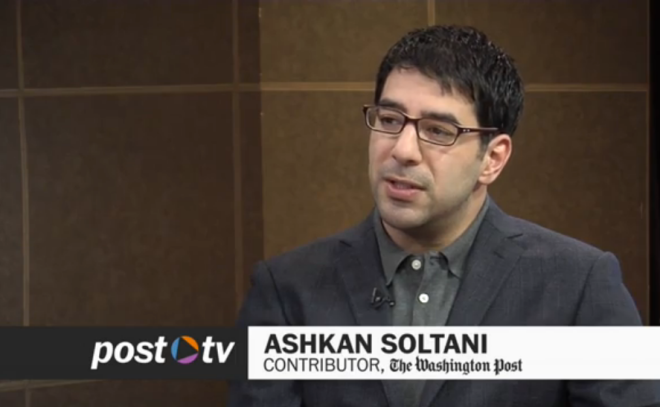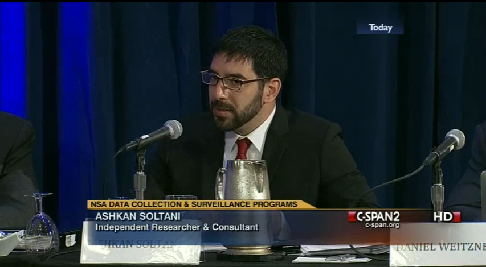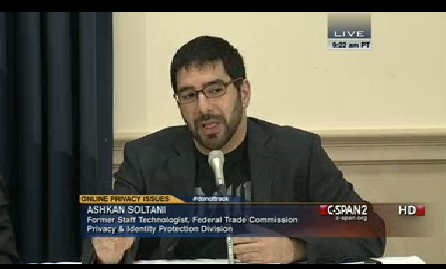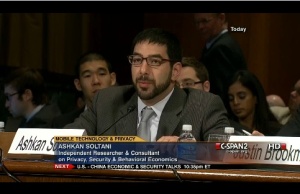I frequently speak at conferences and public events on matters relating to consumer privacy, security, and technology policy.
Upcoming events
February 08-09, 2015
Digital Broadband Migration: After the Internet Protocol Revolution
Silicon Flatirons, Boulder, CO
Read about past events below.
